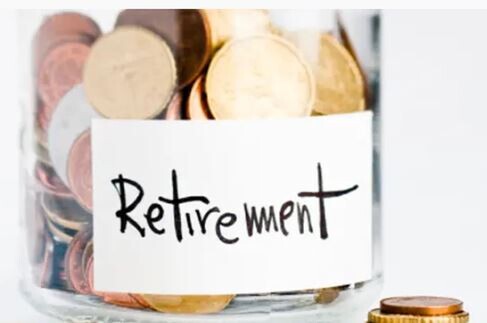The Rise In Pension Age Has Highlighted That Finding Out About Your Pension Forecast Is Not Well Known Enough
What Is The State Pension?
The State Pension is a regular payment by the government that people can claim once they reach the specified age, the State Pension age differed between men and women in the past with women able to claim this at a younger age then men but both men and women have their state pension age aligned to 66 for now (October 2020.) So, for the time being, both men and woman must be at last 66 to be granted access to their state pension. It is expected that in 2026 more changes will take place, with an increase from 66 to 67 being rolled out over a 2 year period. This will have an impact on everyone born on or after April 1960.
How Much Is The State Pension?
The present full state pension amount is £175.20 per week, however the actual amount you get depends on your National Insurance record.
What Is Your National Insurance Record?
To qualify for the State Pension, you will usually need at least 10 qualifying years on your National Insurance record to claim it however they do not have to be 10 qualifying years in a row.
This means your National Insurance record must show:
- you were working and paid National Insurance contributions
- you were getting National Insurance credits (e.g. you were unemployed, ill or a parent or carer)
- you were paying voluntary National Insurance contributions
If you’ve lived or worked abroad, you might still be able to get some of the new State Pension. You may also qualify if you’ve paid married women’s or widow’s reduced rate contributions.
Gaps In Your National Insurance Record
You may have gaps in your record if you do not pay National Insurance or do not get National Insurance credits. This could be because you were:
- employed but had low earnings
- unemployed and were not claiming benefits
- self-employed but did not pay contributions because of small profits
- living abroad
Gaps can mean you will not have enough years of National Insurance contributions to get the full State Pension (sometimes called ‘qualifying years’). You may be able to pay voluntary contributions to fill any gaps if you’re eligible to do so.
Paying Voluntary Contributions To Cover Gaps
Voluntary contributions do not always increase your State Pension. If this is something you are thinking of doing then you will need to contact the Future Pension Centre, click here to find out if you’ll benefit from voluntary contributions. Seeking financial advice may be beneficial before you decide to make voluntary contributions.
You may want to pay voluntary contributions because:
- you’re close to State Pension age
- do not have enough qualifying years to get the full State Pension
- you know you will not be able to get the qualifying years you need to get the full State Pension during your working life
- you’re self-employed and do not have to pay Class 2 contributions because you have low profits
- you live outside the UK, but you want to qualify for some benefits
- some self-employed people with specific jobs do not pay Class 2 contributions through Self Assessment, but may want to pay voluntary contributions. These are:
- examiners, moderators, invigilators and people who set exam questions
- people who run businesses involving land or property
- ministers of religion who do not receive a salary or stipend
- people who make investments for themselves or others - but not as a business and without getting a fee or commission
You must be eligible to pay voluntary National Insurance contributions for the time that the contributions cover. Usually only can only pay for gaps in your National Insurance record from the past 6 years, depending on your age, you may be able to pay for more than 6 years.
Further Information
To find out more about your pension, including whether you have any gaps in your National Insurance record, the following links provide useful information:
Click here for a State Pension forecast to find out:
- how much State Pension you could get
- when you can get it
- how to increase it (if you can)
Click here to request your National Insurance record for:
- what you’ve paid, up to the start of the current tax year
- any National Insurance credits you’ve received
- if gaps in contributions or credits mean some years do not count towards your State Pension (they are not ‘qualifying years’)
- if you can pay voluntary contributions to fill any gaps and how much this will cost
Can I Work After State Pension Age?
You do not have to stop working when you reach State Pension age but you’ll no longer have to pay National Insurance.

